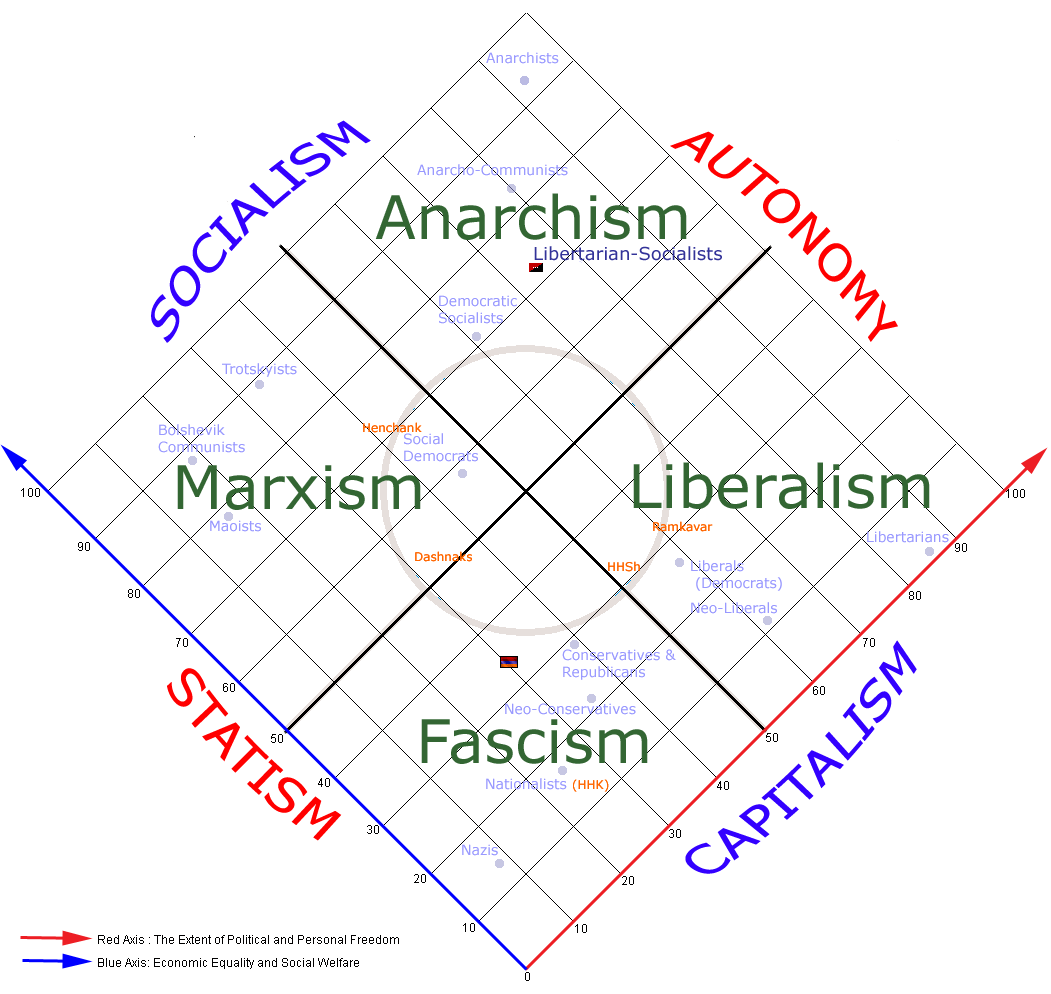As we observe this Memorial Day, it seemed only appropriate that I put something on the Blog relating to the holiday. This information is taken from http://lemont.patch.com/articles/ten-things-you-should-know-about-memorial-day-2 and I appreciate their efforts.
How did Memorial Day get started, and why is it on May 30? Here are some facts about the national day of remembrance for America’s fallen heroes.
How did Memorial Day get started, and why is it on May 30? Here are some facts about the national day of remembrance for America’s fallen heroes.
- Memorial Day was originally known as Decoration Day.
- More than two dozen cities lay claim to being the site of the first Memorial Day commemoration.
- Gen. John Logan officially proclaimed Memorial Day on May 5, 1868.
- The first national commemoration took place on May 30, 1868, as flowers were placed on the graves of both Union and Confederate soldiers at Arlington National Cemetery.
- In 1966, Congress and President Lyndon B. Johnson declared Waterloo, NY, as the “birthplace” of Memorial Day, citing a ceremony held on May 5, 1866 to honor Civil War dead.
- It is believed that the date was chosen because by May 30, flowers would be in bloom all over the country.
- Inspired by the poem “In Flanders Field” Moina Michael wrote a poem of her own, and came up with the idea of wearing red poppies in honor of Memorial Day.
- Some Southern states have special observances specifically in honor of fallen Confederate soldiers, including Mississippi, Alabama, Georgia, North and South Carolina, Louisiana, Tennessee, Texas and Virginia.
- In 2000, Congress passed the National Moment of Remembrance Act to encourage people to give back to the country, as well as promote commemorations of Memorial Day.
- The National Moment of Remembrance Act urges all Americans to pause, wherever they may be, at 3 p.m. local time on May 30 for a moment of silence in honor of the country’s fallen heroes.







































